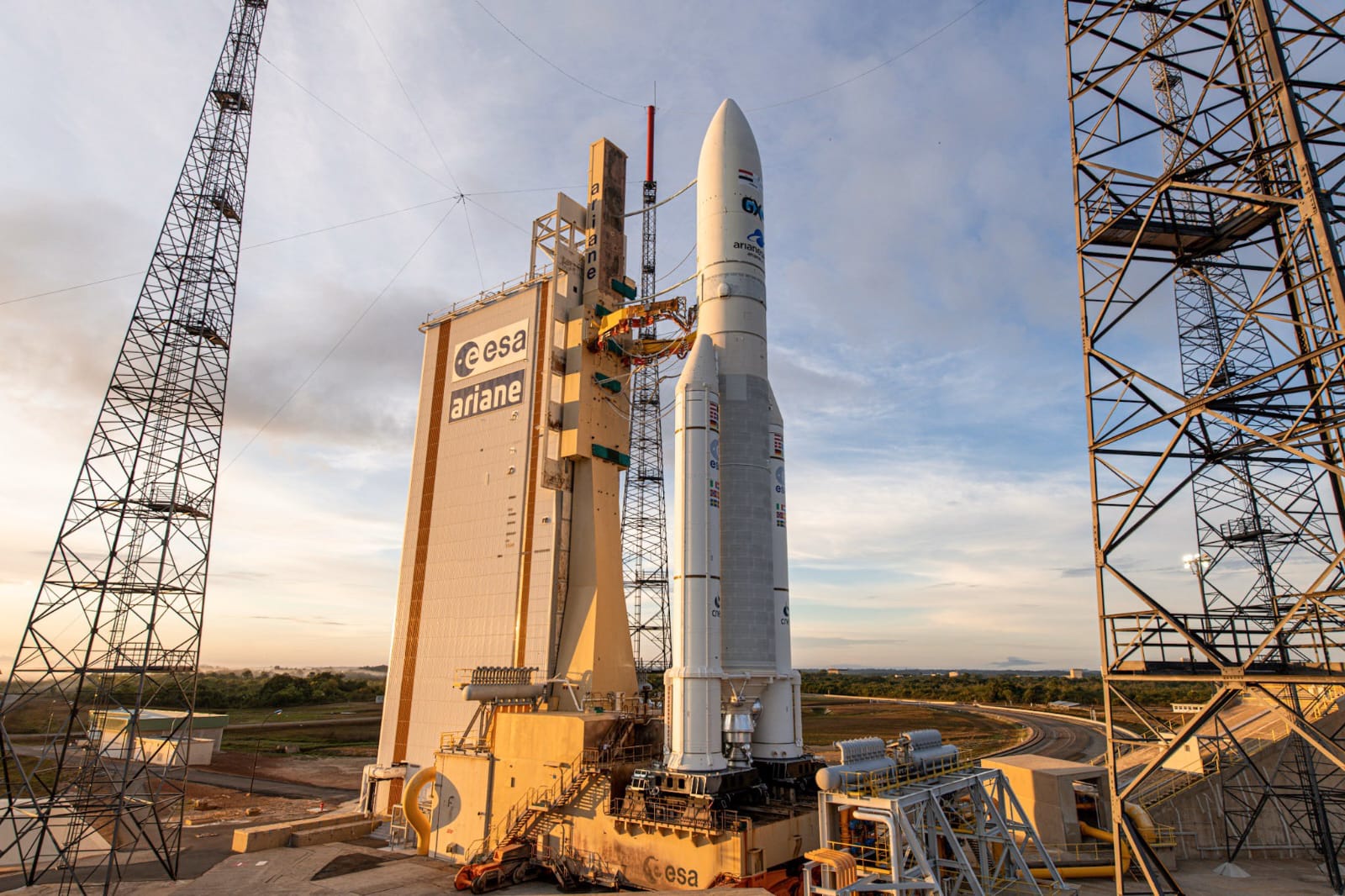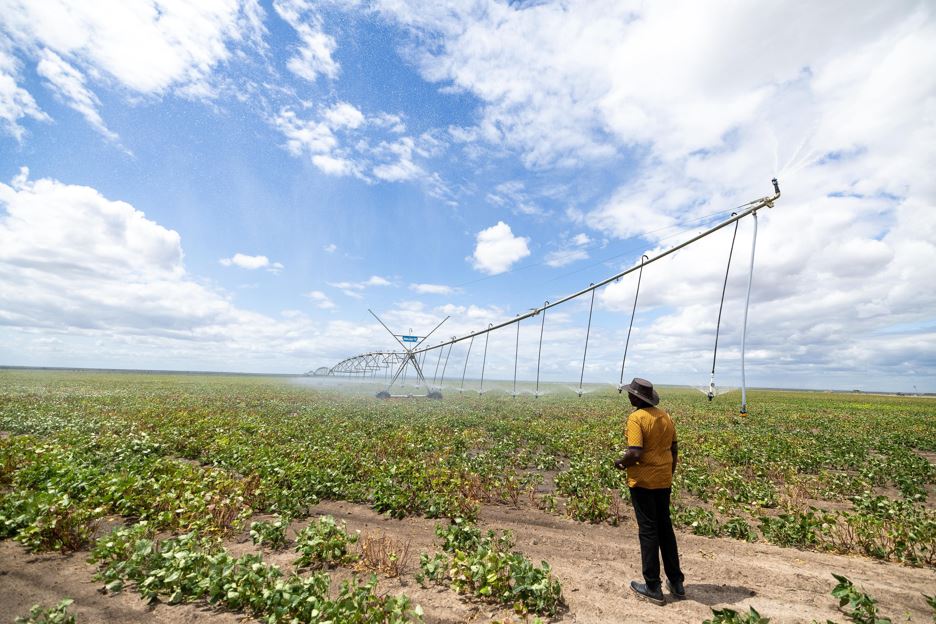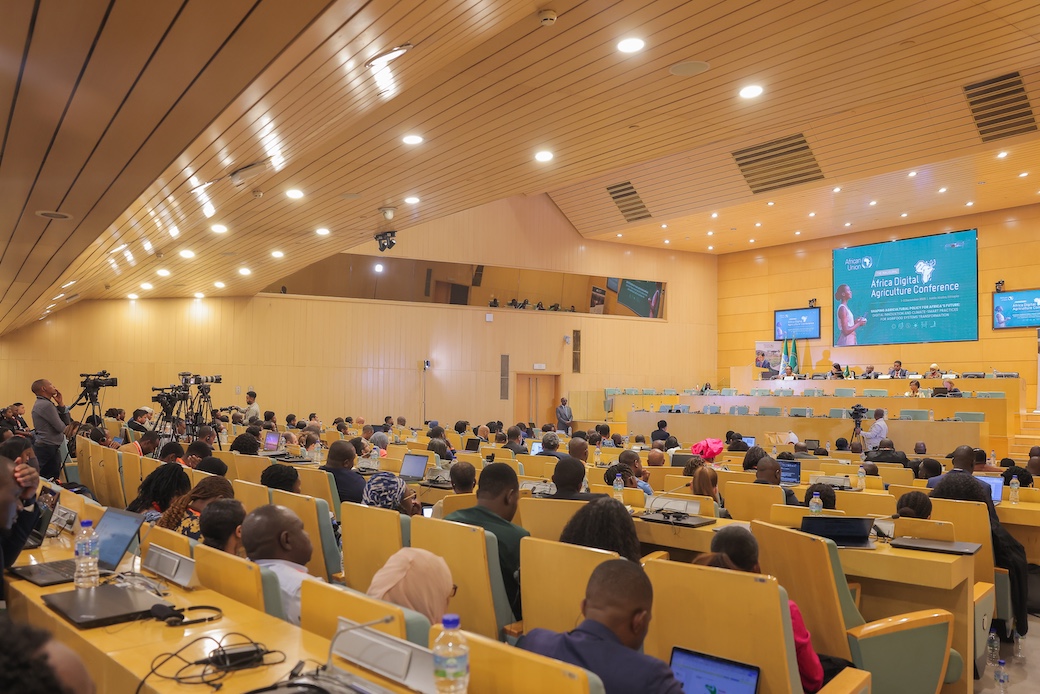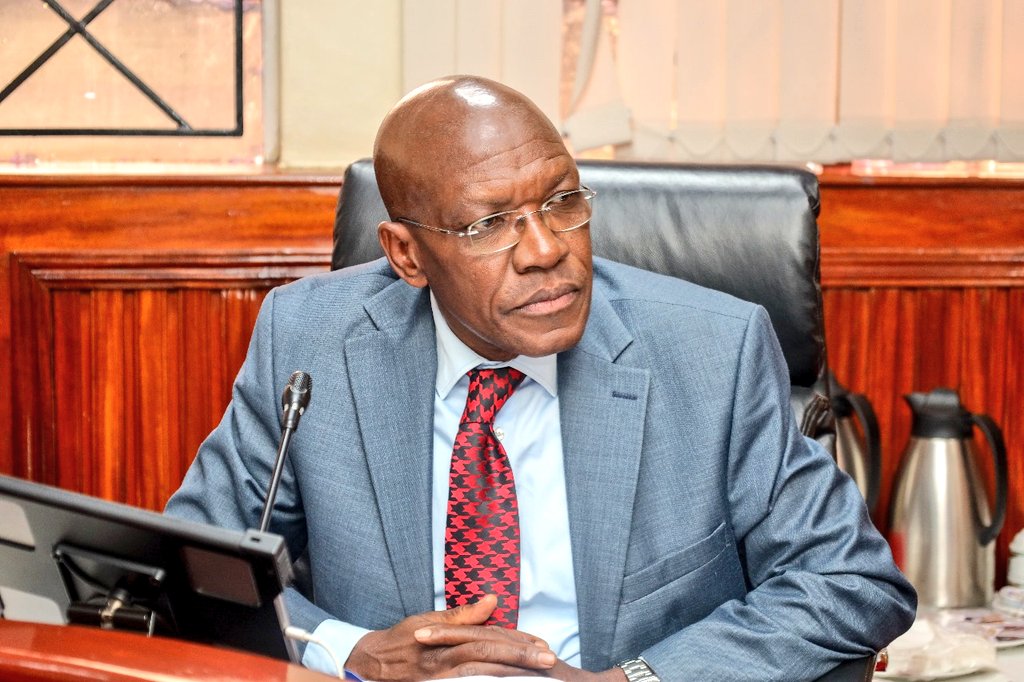Djibouti launches its first-ever satellite

The nanosatellite will enable Djibouti to acquire real-time data from climatological and seismic stations across the entire country, including temperature, rainfall and river depths.
Djibouti successfully launched its inaugural satellite, Djibouti 1A, from the Vandenberg Space Force Base as part of the SpaceX Transporter-9 dedicated SSO rideshare mission on Saturday.
The achievement stems from a collaborative capacity-building initiative between Djibouti and its technical partner, the Centre Spatial Universitaire de Montpellier (CSUM).
More To Read
- South Sudan and Somalia eye group stage in FIFA Arab Cup 2025 qualifiers
- Djibouti parliament scraps presidential age limit, clearing path for Ismail Omar Guelleh’s sixth term
- IGAD reaffirms support for Somali-led peace efforts at Arta Peace Conference 25th anniversary
- South Sudan, Djibouti, Ethiopia and Uganda seal deal on Horn of Africa transport corridor
- Djibouti MPs vote to lift presidential age limit, strengthening Ismail’s hold on power
- Eastern Africa Standby Force launches maritime exercise in Djibouti
Djibouti engineers and technicians, living in France, actively participated in the satellite's design, construction, and testing phases.
The collaborative effort reached a significant milestone in March when the satellite successfully underwent vibration tests at a joint CSUM/Latecoere facility in France.
The outcomes demonstrated full compliance with the specified launch parameters in terms of test levels and duration.
Student empowerment
The Djibouti Minister of Higher Education and Research, Mr Nabil Mohamed, conveyed these developments in a statement, underscoring the country's dedication to advancing its space capabilities through international collaboration and technological expertise.
"To ensure success in this project, we took several important steps. Initially, we carefully selected Djibouti students because our goal was not just to buy a satellite but to empower our students to create one. This decision was aimed to showcase Djibouti's capability in satellite manufacturing and launch," he said.
"Through this initiative, we wanted to demonstrate that Djibouti can independently contribute to climate research and development. As a result, we successfully trained 10 technicians and engineers. A skilled team collaborated with various companies involved in every aspect of satellite design, manufacturing, and launch. Their efforts also contributed to enhancing the satellite's software capabilities."
The nanosatellite will enable Djibouti to acquire real-time data from climatological and seismic stations across the entire country, including temperature, rainfall, river depth, and hydrometry.
This innovative technology provides policymakers with high-definition spectral information, empowering them to improve agricultural practices and effectively monitor environmental changes on a national scale.
Other Topics To Read
Top Stories Today












































